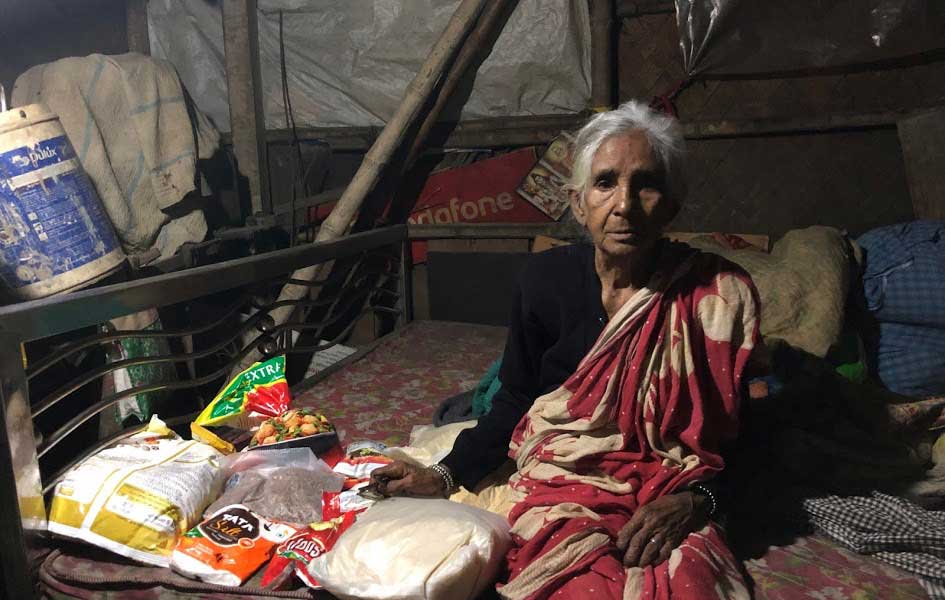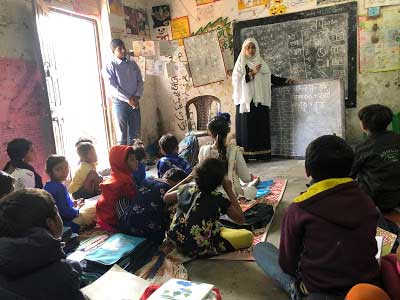Author: The Shanty Trust
-
“The girls from Tiljala SHED lost all three of their matches but they played their hearts out. They kept practising even during the break”
Posted on
by
Rina lives in Topsia Canalside Squatter Community where 710 families live in illegal makeshift shelters beside a stinking open sewer. Rina is 13 years old. She is a member of Tiljala SHED’s newly formed girls’ football squad. Her father is a rickshaw […]
-
Delivering Food Parcels in Topsia
Posted on
by
On a mission to deliver emergency food rations to one very needy family and two very vulnerable elderly women.This was a difficult day. First we went to Maya’s home – a shelter down a dark alley between the busy road and the […]
-
Visiting the Park Circus Children’s Club
Posted on
by
I don’t know where to begin. I have been visiting Tiljala SHED for 5 years and thought I couldn’t be surprised by anything. Yesterday I was invited to attend school. Local children from the Park Circus Railway Squatters (mostly the children of […]


